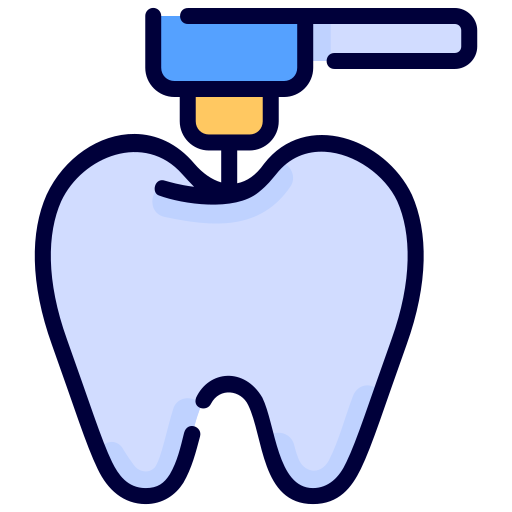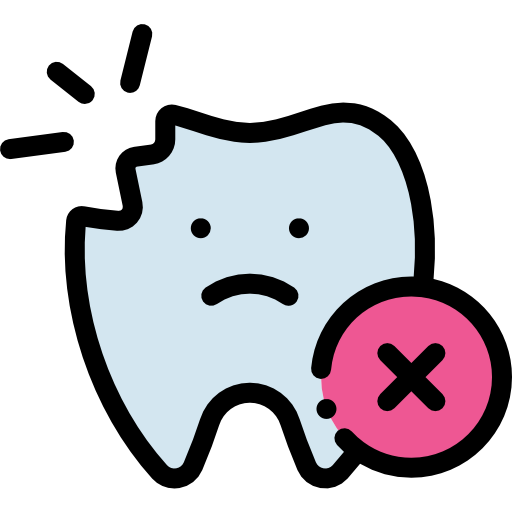Oral Surgery in Northeast Philadelphia, West Deptford, NJ, and Abington, PA
When it comes to dental care, sometimes the best course of action is to have a tooth extracted. Dental extractions can be necessary for various reasons, such as severe decay, damage from trauma, or overcrowding. While tooth extraction may sound daunting, the procedure is relatively common. It can be performed by a skilled dentist or oral surgeon in Northeast Philadelphia, West Deptford, or Abington, PA. If you need a dental extraction, it’s essential to understand the procedure, aftercare, and potential complications. Here’s what you need to know.
Oral Surgery
When it comes to dental care, sometimes the best course of action is to have a tooth extracted. Dental extractions can be necessary for various reasons, such as severe decay, damage from trauma, or overcrowding. While tooth extraction may sound daunting, the procedure is relatively common. It can be performed by a skilled dentist or oral surgeon. If you need a dental extraction, it’s essential to understand the procedure, aftercare, and potential complications. Here’s what you need to know.
The Dental Extraction Procedure
Before your extraction, your dentist or oral surgeon will numb the area around the tooth with a local anesthetic. If you’re anxious or nervous about the procedure, they may offer sedation options to help you relax. Once the area is numb, the dentist or surgeon will use special tools to loosen the tooth and gently remove it from the socket. Suppose the tooth is impacted (meaning it’s partially or fully covered by gum tissue). In that case, the dentist or surgeon may need to make an incision in the gum to
access the tooth. After removing the tooth, your dentist or surgeon will place a gauze pad over the extraction site
to help stop bleeding. They may also give you instructions for caring for the site at home, including avoiding hard or crunchy foods, smoking, and vigorous brushing for a few days.
Get Appointment Now
Potential Complications
While dental extractions are generally safe and straightforward, there are some potential complications to be aware of. These can include:

Dry socket
This occurs when the blood clot that forms in the socket after the extraction becomes dislodged, exposing the bone and nerves underneath. This can be painful and may require additional treatment.

Infection
Any time there’s a break in the skin (such as during an extraction), there’s a risk of infection. Your dentist or surgeon may prescribe antibiotics to help prevent this.

Damage to surrounding teeth or structures
During the extraction, it’s possible to accidentally damage nearby teeth, nerves, or blood vessels. This is rare, but it’s a potential complication to be aware of.
You are always safe with us. We are ready to help any time.
Aftercare
After your extraction, it’s important to follow your dentist or surgeon’s instructions for care. This may include:
- Taking pain medication as prescribed to manage any discomfort
- Applying ice to the outside of your mouth to reduce swelling
- Avoiding smoking, drinking through a straw, or eating hard or crunchy foods for a few days
- Rinsing your mouth gently with salt water to keep the area clean
- Resting and taking it easy for the first day or two after the procedure. Dental extractions can be necessary for various reasons, and they’re generally safe and straightforward procedures. However, it’s important to understand the potential complications and to follow your dentist or surgeon’s instructions for aftercare to ensure a smooth recovery. If you need a dental extraction, don’t hesitate to talk to your dentist or oral surgeon about your options and what you can expect.

